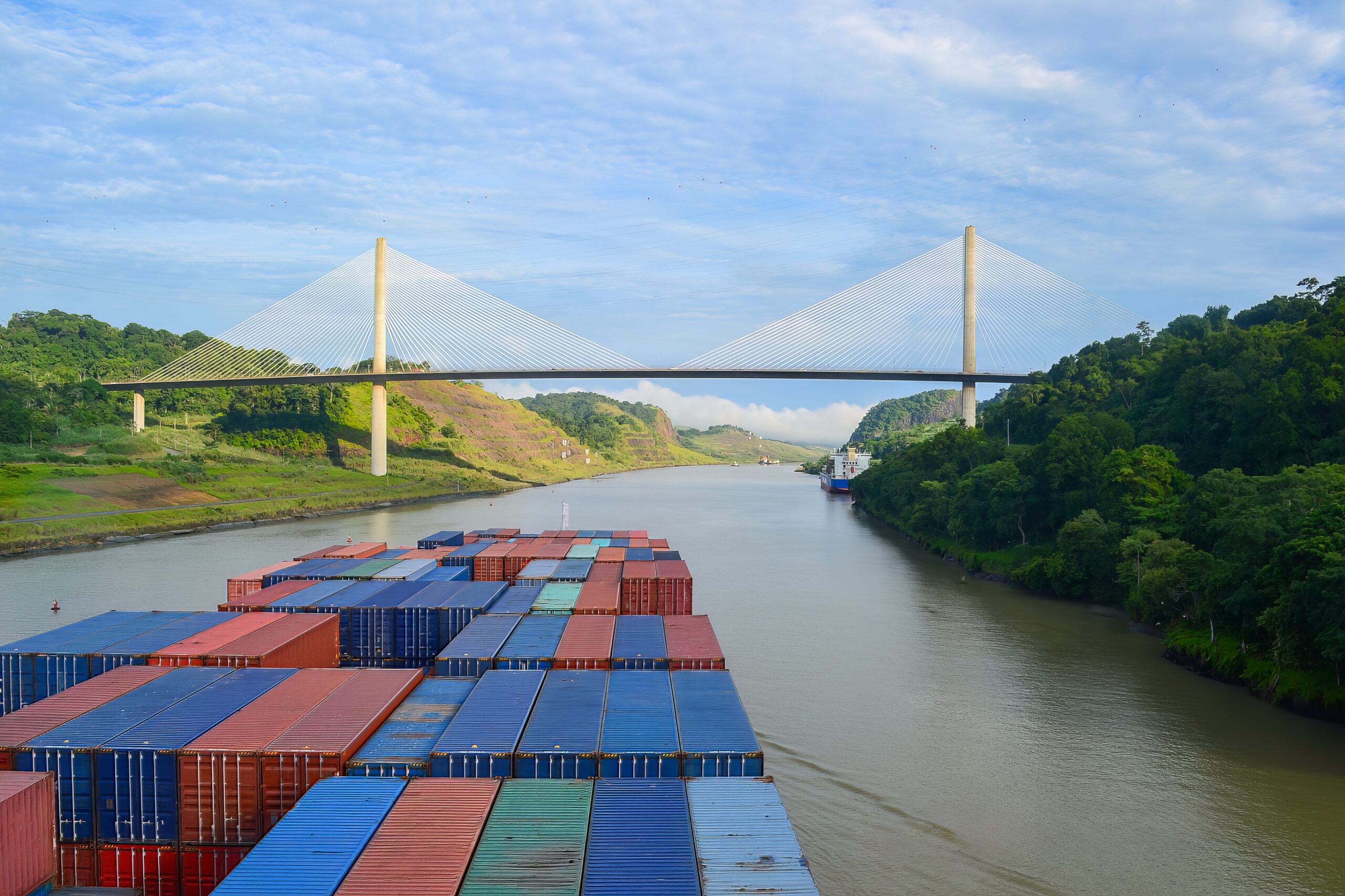PANAMA CITY, Panama — Defense Secretary Pete Hegseth announced Wednesday a sweeping new U.S.-Panama security agreement aimed at protecting the Panama Canal from foreign influence, expanding military cooperation, and bolstering regional stability amid growing concerns over China’s presence in the Western Hemisphere.
Key Points
- The U.S. and Panama signed a memorandum of understanding to strengthen canal security and military cooperation.
- Plans include reviving former U.S. military sites and enhancing joint training and cyber operations.
- Hegseth said U.S. warships will be guaranteed “first and free” passage through the canal.
Defense pact targets ‘maligned influence’
Speaking from Panama City during a joint press conference with Panamanian Public Security Minister Frank Abrego, Hegseth unveiled an agreement that includes joint military training, infrastructure upgrades, and plans to revive several former U.S. bases in Panama. The move is aimed at countering “China’s maligned influence” in the region, he said.
“The era of capitulating to coercion by the communist Chinese is over,” Hegseth said. He emphasized that the Panama Canal remains “key terrain” and should be safeguarded by Panama and the United States—not China.
The agreement includes the future signing of a formal declaration that will ensure U.S. military vessels receive priority passage through the strategic waterway.
Military presence to expand
Under the memorandum of understanding signed this week, the U.S. will reestablish a rotational presence at key former installations including Rodman Naval Station, Howard Air Force Base, and Fort Sherman. Plans are underway to reopen the jungle operations center for bilateral training.
Currently, over 1,000 U.S. service members, including Marines, Navy sailors, and fighter pilots, are already engaged in training activities in Panama. The U.S. Navy’s hospital ship USNS Comfort is also scheduled to deploy to Panama this summer to provide medical support and strengthen diplomatic ties.
Regional cooperation on security and sovereignty
In addition to canal security, the agreement covers expanded intelligence sharing, cyber cooperation, and joint efforts to combat drug cartels and cross-border criminal organizations. Hegseth praised Panama’s success in reducing illegal crossings at the Darién Gap by 99% over the past year.
Hegseth reaffirmed U.S. respect for Panama’s sovereignty, citing the 1977 treaty that guarantees open access to the canal for all nations while affirming Panama’s control. “Protecting Panamanian sovereignty from maligned influences in the region is essential,” he said.
The U.S. and Panama launch a major strategic partnership aimed at reclaiming influence over the Panama Canal and pushing back against Beijing’s regional ambitions.
